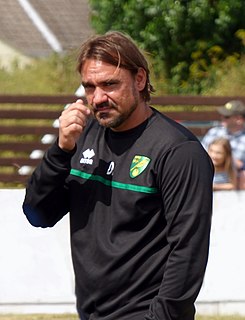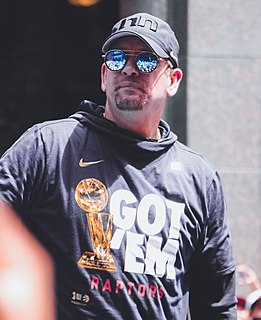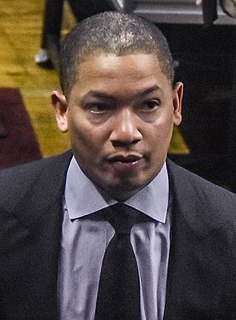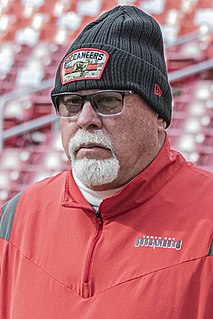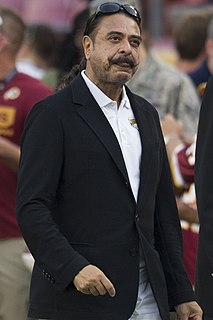A Quote by Daniel Farke
Working as a head coach always seemed to be a bit short term. You lose five games and you're out of a job.
Related Quotes
The most important thing that a company can do in the midst of this economic turmoil is to not lose sight of the long-term perspective. Don't confuse the short-term crises with the long-term trends. Amidst all of these short-term change are some fundamental structural transformations happening in the economy, and the best way to stay in business is to not allow the short-term distractions to cause you to ignore what is happening in the long term.
Fear is not a motivating factor. You might be able to get a little bit more out of someone in the short term, but you will completely erode your business and your culture in the long term. You're going to lose all your good people. You're not going to have people tell you the truth, and it becomes the tradition.
I believe the term 'head coach' has been misunderstood, though not by Slavisa nor nearly every one of the other candidates we interviewed. Slavisa avidly embraces the concept of head coach, which is to be on the pitch, training, organising, planning, and everything that comes in preparing for and leading the Club on match day.
We want everything in a hurry because our primary aim must be survival in the short term. Long term thinking has seemed like a luxury in human history because lives were shorter, but with our increased longevity we have to figure out what to DO with all our time, and to pace ourselves to achieve things that we want. Hobbes might have been right when he originally wrote that life is 'nasty, poor, brutish and short', but today we are AWASH with time.
